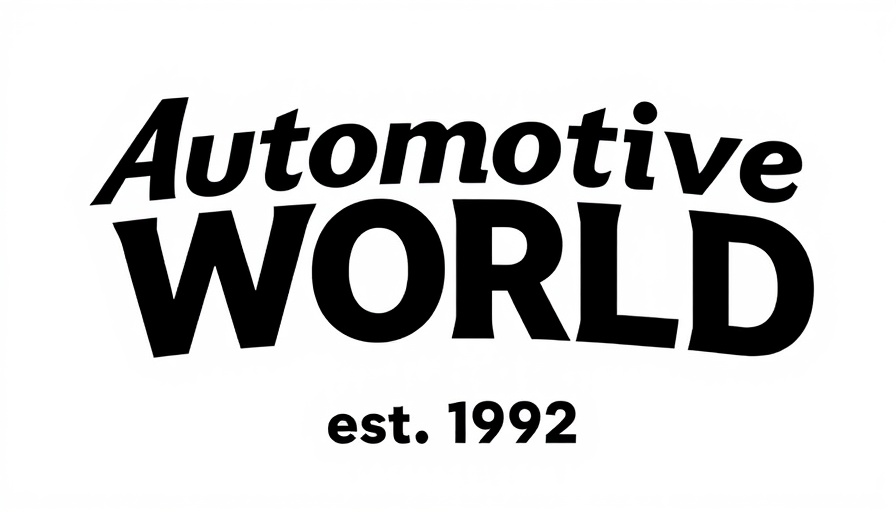
Ensuring Team Success Through Effective Onboarding
In today’s fast-paced automotive transport industry, integrating new technology isn’t just about purchasing tools; it’s about ensuring that your team is equipped to utilize them effectively. The integration of tech solutions can streamline operations and strengthen competitive positioning, but the key determinant of success is the onboarding process. By focusing on how to onboard these tools effectively, dealerships can enhance productivity and achieve significant return on investment (ROI).
Why Onboarding Is Essential for Tech Implementation
Onboarding involves more than just teaching your team how to operate a new system. It’s about building confidence and familiarity, which in turn maximizes the value of the tools at hand. The saying, "a chain is only as strong as its weakest link" resonates well in this context; when employees are uncertain about using a new system, it undermines the overall operational effectiveness. Onboarding ensures that each member of the team understands the new technology's potential and how it fits into their daily workflow.
Overcoming Resistance to Change
Human nature often gravitates toward comfort and routine, especially in the workplace. Employees might meet new technologies with skepticism and resistance, fearing change and the unknown. During the onboarding phase, having dedicated resources and assistance from technology partners can ease these concerns by demonstrating that the new tools are not designed to disrupt workflows but to enhance them. This reassurance helps teams shift from a mindset of apprehension to one of empowerment, as they realize the capabilities of the new systems can alleviate stress rather than add to it.
Maximizing ROI by Investing in People
Deploying technology without proper onboarding can lead to wasted resources and frustration. When employees aren't fully trained in using new systems, companies risk squandering their investment, leading to disappointment and lowered morale. By focusing on thorough onboarding processes, organizations cultivate in-house expertise and build a more informed workforce. This ensures that not only are your employees using the technology correctly but they are also capable of troubleshooting common issues, ultimately reducing dependency on external support.
Crafting a Tailored Onboarding Experience
A successful onboarding strategy should be customized to fit the specific needs of your team. Conducting assessments before implementation can help identify the features that will be most beneficial to your organization. Offering targeted training sessions that cater to the required functionalities—such as route optimization and inventory tracking—ensures all employees start on the right foot. Ongoing support should also be part of the framework, with check-ins or refresher courses to maintain engagement and address any concerns as the team stabilizes into their new tool.
Concluding Thoughts
As technology continues to advance, businesses that prioritize onboarding for new systems will undoubtedly experience greater success on their operational journey. The automotive industry stands to benefit immensely by equipping their workforces with the necessary tools and confidence to utilize technology to its fullest potential.
 Add Row
Add Row  Add
Add 




Write A Comment